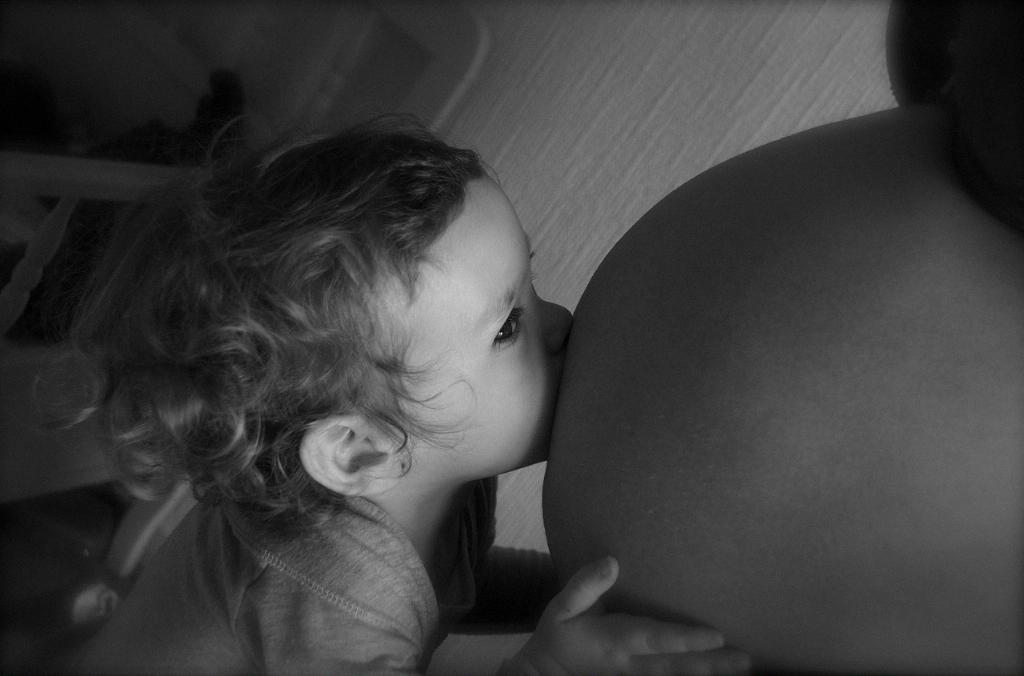Humans and animals share many similarities, but when it comes to pregnancy tests, the differences become apparent. One common question that arises is whether human pregnancy tests can accurately detect pregnancy in animals. Let’s delve deeper into this topic to understand the science behind it.
Understanding Human Pregnancy Tests
Human pregnancy tests are designed to detect the presence of a hormone called human chorionic gonadotropin (hCG) in urine. This hormone is produced by the developing placenta shortly after implantation occurs in the uterus. The presence of hCG in urine is a reliable indicator of pregnancy in humans.
Challenges with Using Human Pregnancy Tests on Animals
While human pregnancy tests are highly accurate for detecting pregnancy in humans, they are not suitable for use in animals. One key reason is that animals, such as dogs, do not produce hCG, the hormone detected by human pregnancy tests. Without the presence of hCG, the test results would be inaccurate when used on animals.
Unique Physiological Differences
Animals have distinct physiological differences from humans, including variations in hormone production and reproductive processes. These differences make it challenging to apply human-specific pregnancy tests to animals accurately.
Effectiveness of Human Pregnancy Tests on Animals
When attempting to use human pregnancy tests on animals, the results are typically unreliable and can lead to incorrect conclusions. The absence of hCG in animal physiology means that human pregnancy tests will not accurately detect pregnancy in animals.
Alternative Methods for Animal Pregnancy Testing
For accurate pregnancy testing in animals, specific veterinary tests designed for the species in question should be utilized. These tests are tailored to detect the appropriate hormones or indicators of pregnancy relevant to the animal’s biology.
The Importance of Veterinary Care
Veterinary care plays a crucial role in ensuring the health and well-being of animals, including the accurate detection of pregnancy. Veterinarians have the expertise and tools necessary to perform accurate pregnancy tests and provide appropriate care for pregnant animals.
Conclusion
In conclusion, human pregnancy tests are not effective for determining pregnancy in animals due to the differences in hormone production and reproductive physiology. To accurately assess the pregnancy status of animals, it is essential to rely on veterinary expertise and specialized tests tailored to the species in question.

